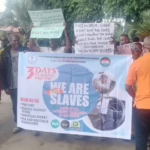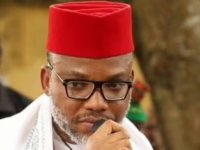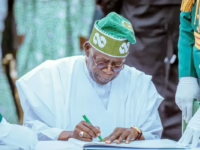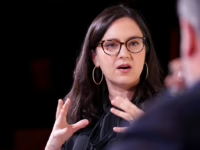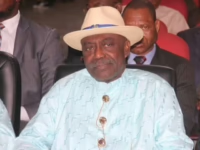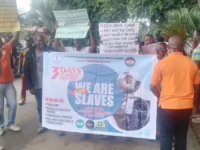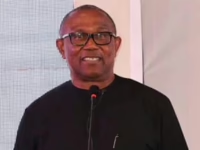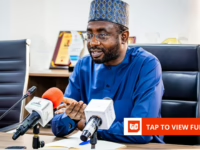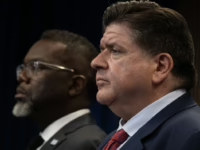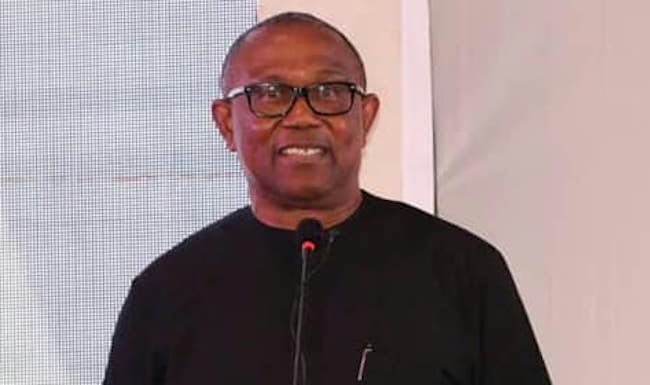Peter Obi, the Labour Party’s presidential hopeful for the 2023 elections, has condemned the widespread issue of certificate forgery among Nigeria’s public officials.
He urged prompt and firm measures against offenders to discourage others from engaging in similar misconduct.
Obi expressed these views in a statement released on Monday from Lagos.
This response followed an investigative report by Premium Times revealing that the University of Nigeria, Nsukka (UNN), repudiated a Bachelor of Science degree claimed by the Minister of Science, Technology and Innovation, Uche Nnaji.
The investigation disclosed that the minister conceded in court that he never received a degree from UNN, having failed to complete his academic program there.
Legal documents submitted before Justice Hauwa Yilwa at the Federal High Court in Abuja show that Nnaji initiated a lawsuit against the Minister of Education, the National Universities Commission (NUC), UNN, its Vice-Chancellor, Registrar, a former Acting Vice-Chancellor, and the university’s Senate regarding this issue.
Obi described this incident as indicative of Nigeria’s escalating ethical decline, highlighting that those entrusted with upholding moral standards have instead become the root of the nation’s ethical deterioration.
“When those who should exemplify integrity engage in deceit, it distorts society’s moral framework and lowers the standards young people consider acceptable,” the former governor of Anambra stated.
He drew a comparison with Indonesia, where the discovery of falsified academic credentials results in immediate disqualification and legal action, underscoring Nigeria’s failure to enforce similar standards.
Obi criticized the Independent National Electoral Commission (INEC) for frequently neglecting to verify candidates’ academic qualifications before elections and for ignoring credible allegations of forgery afterward.
RELATED: APC dismisses Atiku’s ‘politically charged’ critique of Tinubu’s Jos visit
“Despite laws mandating instant disqualification for certificate forgery, INEC neither conducts thorough checks prior to elections nor pursues investigations when complaints arise,” Obi remarked.
“Even more concerning is the tendency of courts to dismiss these cases as mere ‘pre-election disputes,’ thereby denying justice and allowing criminal behavior to go unpunished.”
He voiced alarm that individuals with dubious academic backgrounds continue to pass through multiple layers of scrutiny, including security clearances, parliamentary vetting, and executive appointments.
“What is even more disturbing,” Obi added, “is the frequent use of false affidavits in court to legitimize forged documents.”
Looking ahead to the 2027 elections, Obi advocated for reforms aimed at enhancing transparency and accountability within the electoral framework.
He proposed that all political candidates, whether incumbents or newcomers, be mandated to submit their academic certificates to INEC immediately following party primaries-at least six months before the general elections-with these documents made publicly accessible for verification within 90 days.
“This verification requirement should extend to appointed officials, including ministers and aides,” Obi emphasized. “Dishonesty at the highest levels inevitably permeates all tiers of governance, as we currently observe.”
Calling for a renewed commitment to institutional integrity, Obi insisted that offenses like forgery must never be trivialized as procedural technicalities.
“We must bring an end to the era where deception and falsification are rewarded with positions of authority,” he concluded. “Authentic leadership must be founded on honesty.”


